Chronic illness and street vendor’s life: the testimony of Nob Savy
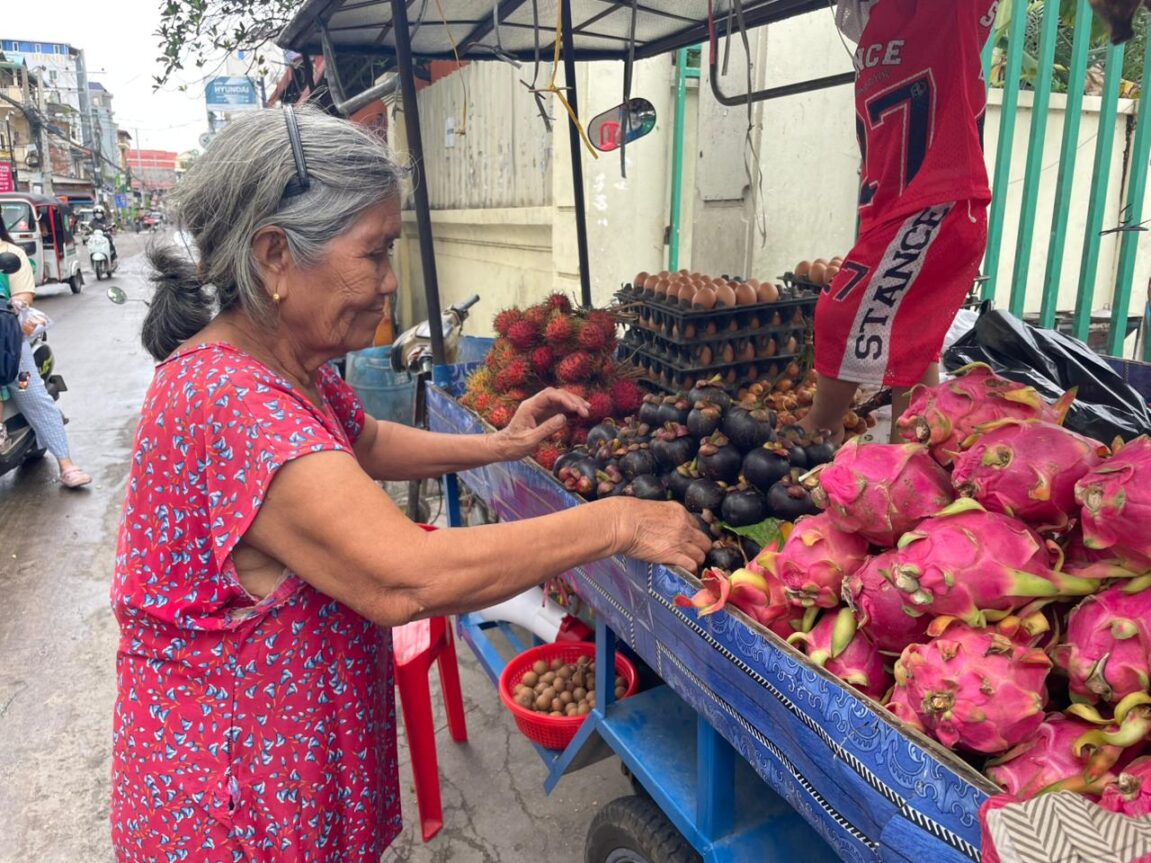
This is the testimony of Nob Savy, an elderly disabled vendor from Phnom Penh, Cambodia. She talks about the struggles of working with a chronic illness, the lack of access to healthcare and the role of the union in supporting her livelihood
Inspiring workers: Alice Nkunzimana

Growing up in a modest household of eight children, four girls and four boys, Alice Nkunzimana was raised by loving parents who instilled in her the profound values of Ubuntu, an African philosophy that emphasizes shared humanity, compassion, and interconnectedness, often expressed as “I am because we are.”
StreetNet at the 113th International Labour Conference
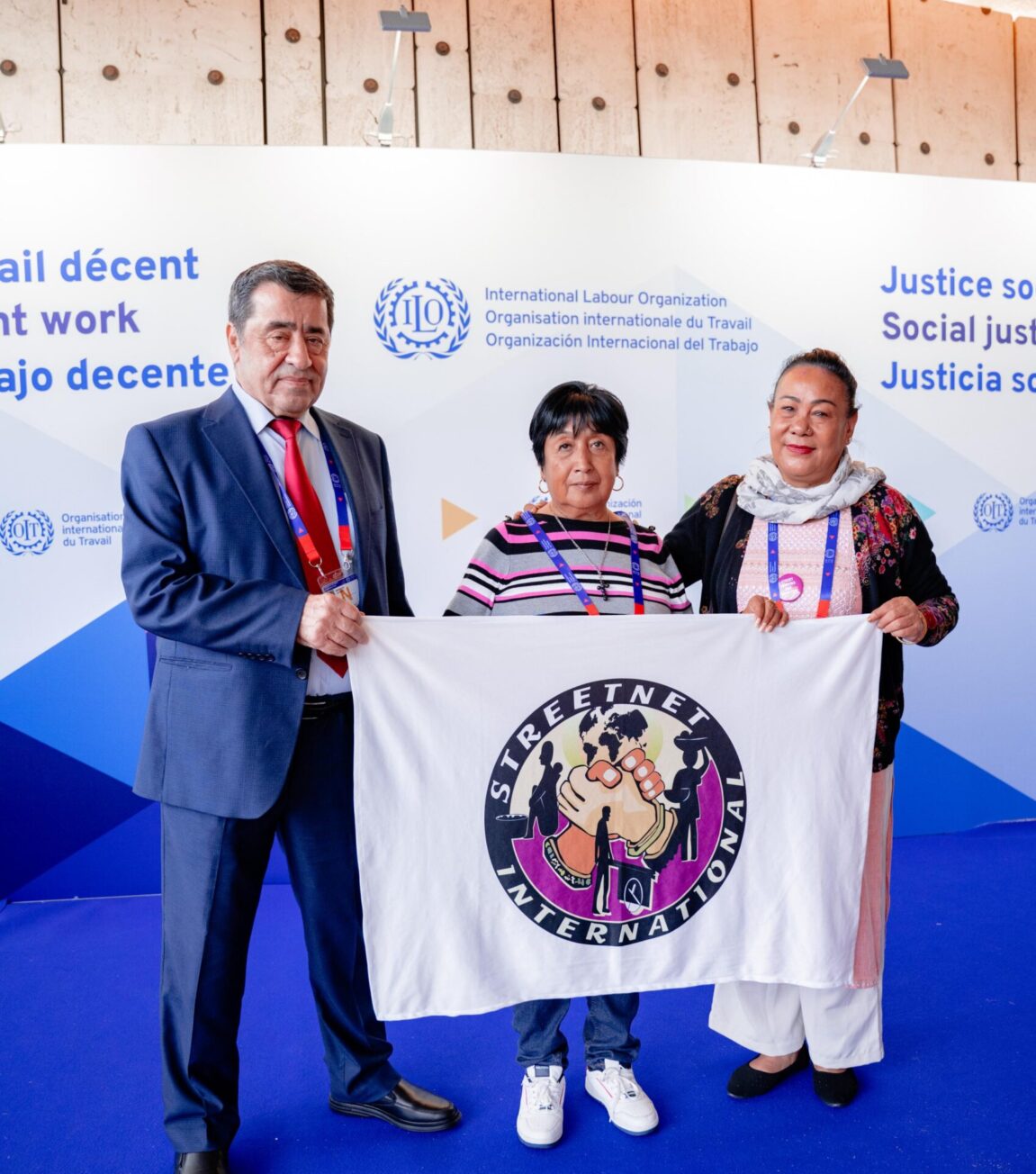
We participated at the 113th International Labour Conference, the tripartite forum where international labour standards are negotiated between governments, workers and employers. Accredited since 2004, StreetNet’s participation has always pushed for more inclusion of informal economy workers and it contributed to key discussions that broaden the understanding of collective bargaining and helped pioneer new concepts […]
Solidarity in times of war: Congolese street vendors organise during the conflict
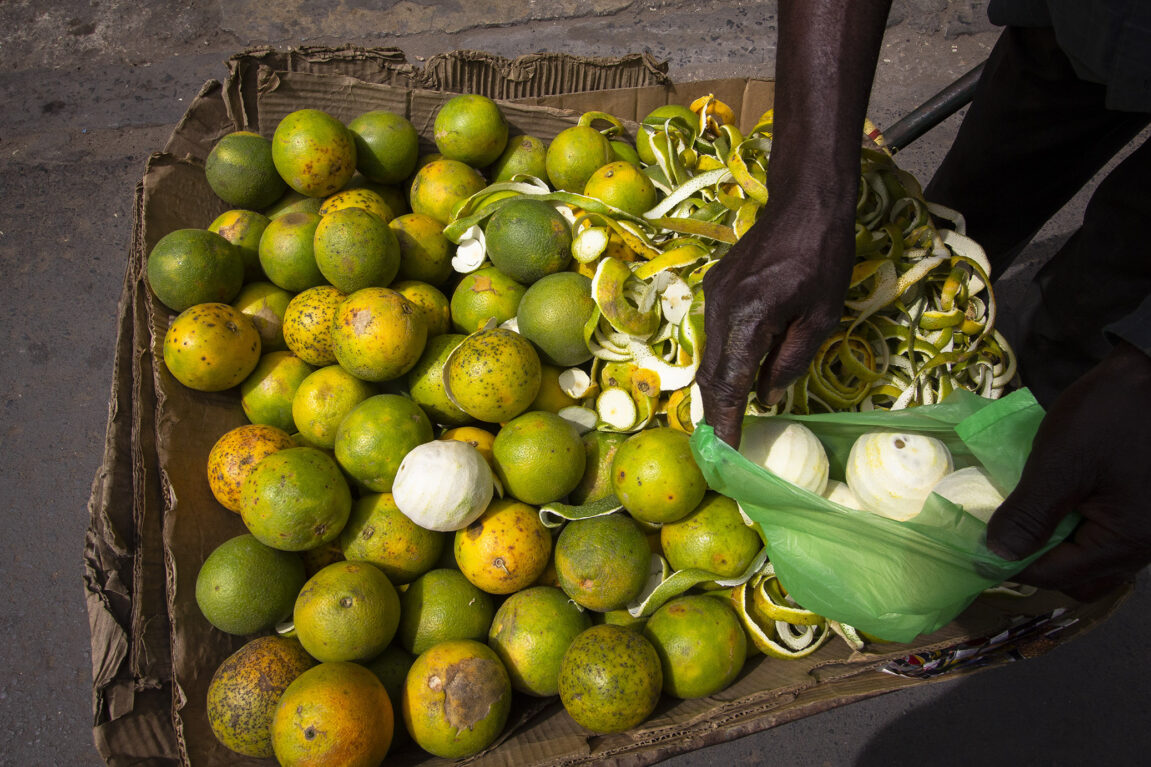
In the midst of a bloody conflict, the vendors of the Democratic Republic of the Congo continue to organise and fight for their dignity and livelihood
The Climate Change Impact for Street Vendors in Cambodia

What is the condition of street vendors in Cambodia? How does climate change impact their livelihoods? Sophal Ken, activist of IDEA and regional communicator has gathered some data and stories. Cambodia’s climate is governed by the monsoon winds, which define two major seasons. From mid-May to early October, the strong prevailing winds of the southwest […]
The Impact of Harassment on Informal Economy Workers in Zimbabwe
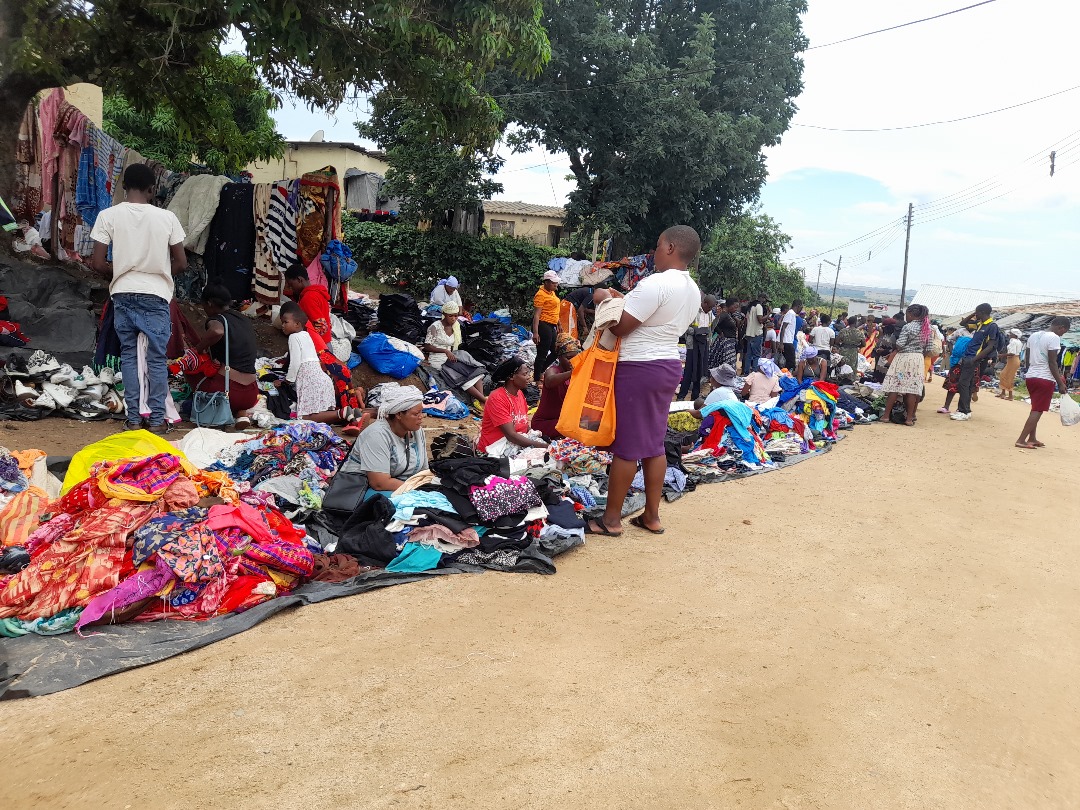
In March 2025, the Zimbabwean government issued an ultimatum: the street vendors had to be removed from the streets. But through their union they continue to stand up for their right to a dignified living, free from violence.
Health at the market: the silent struggle of Guinean market vendors
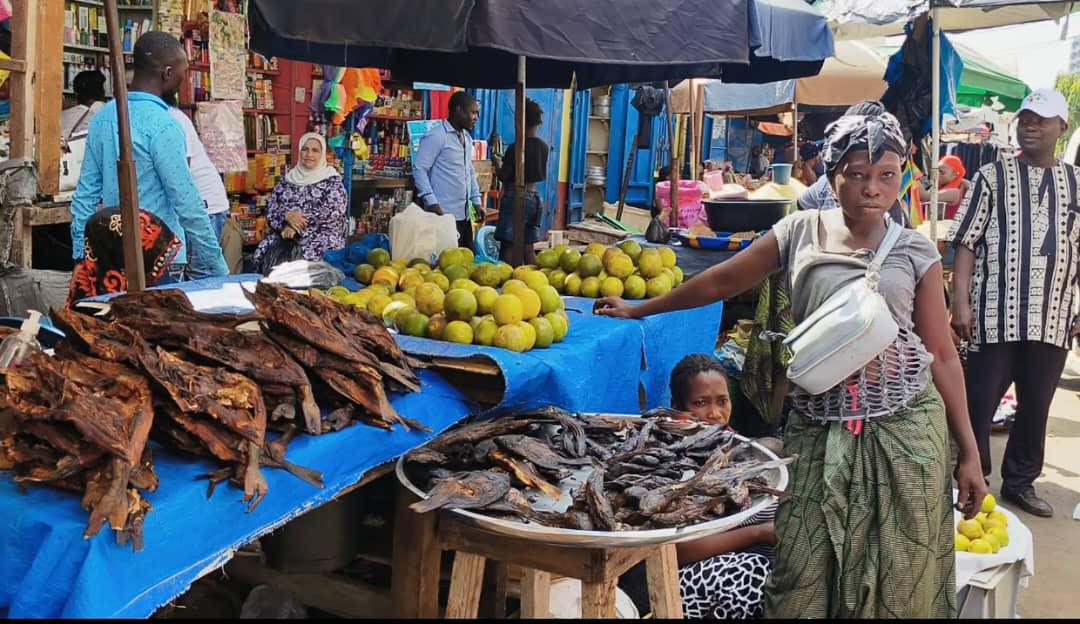
Women in Guinea are pillars of the community sustenance. But their health struggles are systematically overlooked. Djenabout Sow, regional communicator for West Africa, has gathered some of their stories.
Childcare and Savings Groups Transform Lives of Market Traders in Rwanda
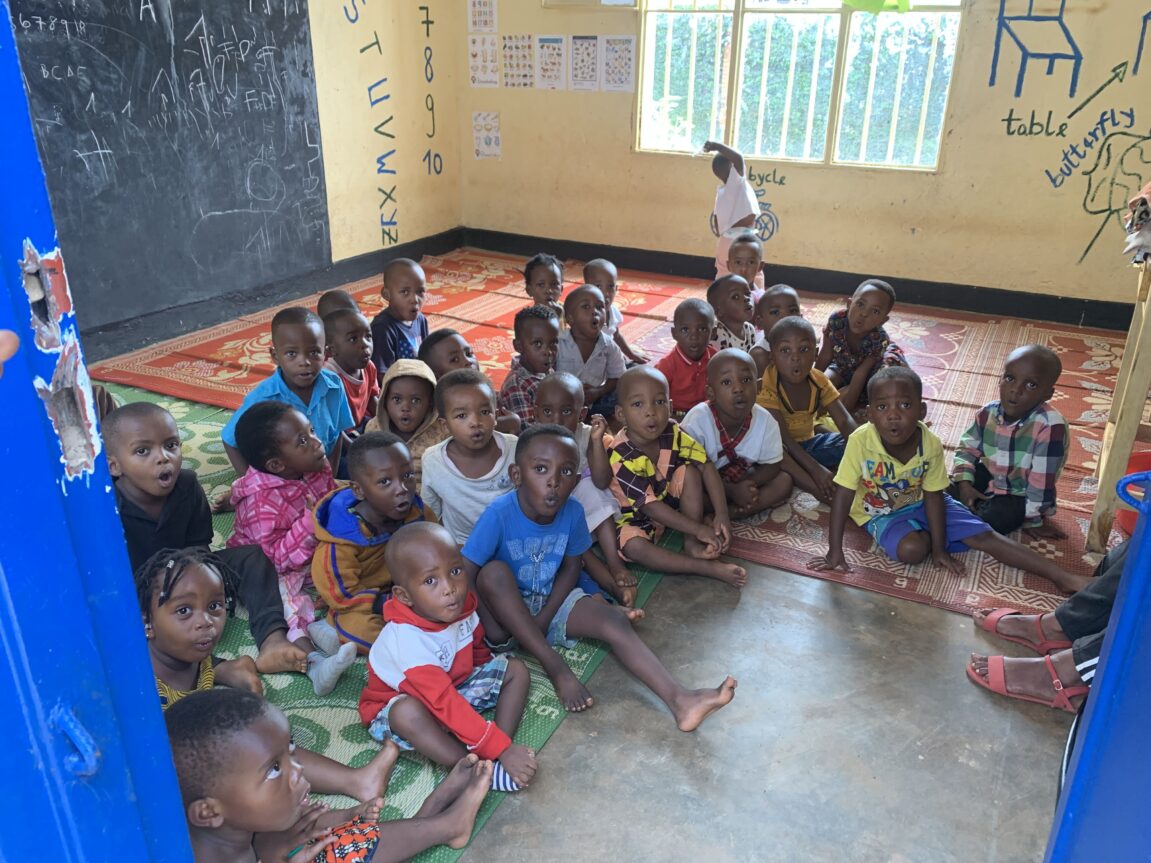
For the past three years, SYTRIECI Rwanda, in collaboration with StreetNet International, has been implementing a project aimed at establishing Early Childhood Development Centers for the children of street and market traders, as well as creating Village Savings and Loan Associations (VSLAs) to support the parents of these children.
Regional Youth Workshop in the Americas: “Youth in Action!”

We held the first face-to-face workshop for youth from Streetnet International member organizations in the Americas region.
The bright side and dark corners of night markets in Malawi
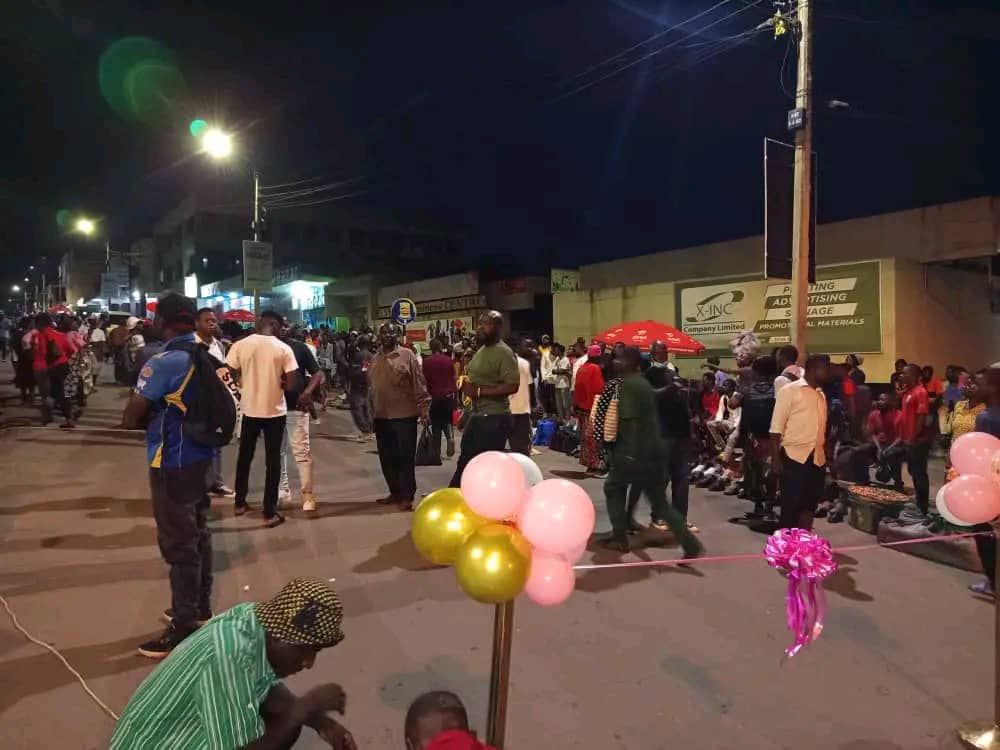
As a testament to the City’s vibrant and committed commitment to fostering economic growth, community engagement, and cultural exchange, Blantyre City Council launched a night market from 6 PM until midnight in the CBD along Victoria Avenue. It seems like good news for street and market vendors, but there are some issues we must take into account.

